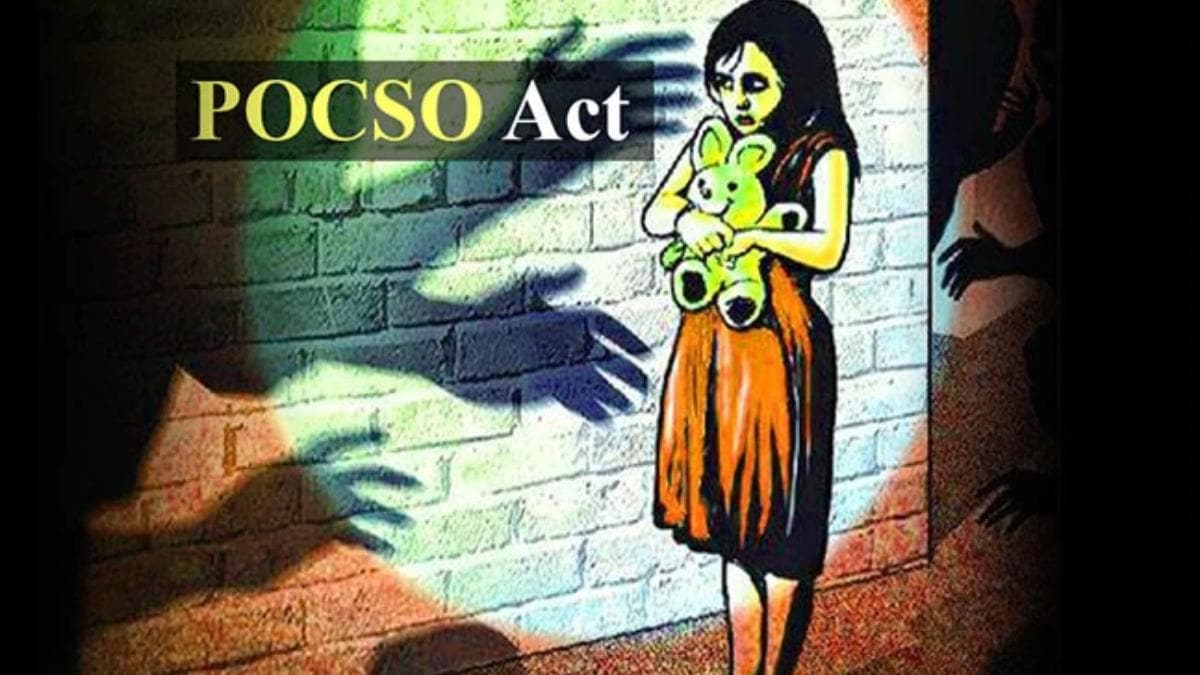The judgments of conviction and sentence impugned in the present appeal are vitiated by errors of law as well as fact and based upon an erroneous interpretation of the provisions of the POCSO Act as well as the IPC. Such an opinion was held by the Hon’ble High Court of Calcutta before the Hon’ble Justice Sabyasachi Bhattacharyya in the matter of Ranjit Rajbanshi Vs. The State of West Bengal and others [C.R.A. No.458 of 2018, IA No: CRAN 2 of 2020].
The facts of the case are associated with the accused aging 22 years and the victim being 16 and half years. Such a case was appealed against a conviction under Section 376(1) of the Indian Penal Code, 1860 and Section 4 of the Protection of Children from Sexual Offences Act, 2012 and sentence awarded under Section 376(1) of the IPC.
The learned advocate representing the appellant contended that no evidence was produced regarding hymen injury of the victim that connects the accused, which is sufficient to convict the appellant on either of the charges. It was further argued by the learned Advocate for the appellant that the two Doctors’ reports do not validate the prosecution case. In addition, no occurrence of rape was alleged by the victim during medical examinations and the pregnancy report was reported negative too. There were several inconsistencies in the submissions by the prosecution witnesses, argued by the appellant.
During the cross-examination, the victim mentioned that she “shouted” during the incident. However, going through the place of occurrence the room was situated between two shops – a pharmacy and a sweet shop. A burial ground and a busy bus stand were nearby too. It was quite unlikely that none heard the cry of the victim. The victim mentioned that the time of occurrence to be 2 p.m. on August 12, 2017, whereas the FIR was lodged on August 16, 2017.
The counsel of the state stated that the delay between the alleged incident and the complaint was justified since there was an attempt to give the victim in marriage to the accused, which is perfectly reasonable considering the present social structure of rural India. Learned counsel representing the State cites a judgment of the Hon’ble Supreme Court, reported at, AIR 2001 SC 2075 [State of Himachal Pradesh Vs. Gyanchand] and stated that all submissions involved in the present case had been covered in the said judgment. The prosecutor representing the state contended that all the submissions laid down in the cited judgment show that the accused was guilty of the offenses he was charged with.
All the facts stated by both the parties and the facts obtained from the cross-examination of the victim indicate that there were several occasions of the consensual physical relationship between both parties. Therefore, the offense under Section 376(1), IPC, although a minor’s consent is of no significance.
The Hon’ble High Court of Calcutta stated “… the victim girl was admittedly 16 ½ years old and studied in Class XII at the relevant point of time. She was not naïve enough not to know the implication of sexual intercourse; rather, the victim admittedly had a physical relationship with the accused, who was also of a very young age, on several occasions prior to the incident. Although the consent of a minor is not a good consent in law, and cannot be taken into account as ‘consent’ as such, the expression ‘penetration’ as envisaged in the POCSO Act has to be taken to mean a positive, unilateral act on the part of the accused. Consensual participatory intercourse, in view of the passion involved, need not always make penetration, by itself, an unilateral positive act of the accused but might also be a union between two persons out of their own volition … The psyche of the parties and the maturity level of the victim are also relevant factors to be taken into consideration to decide whether the penetration was a unilateral and positive act on the part of the male.”
It seemed that the prosecution failed to form the chain of events leading to the alleged offence, which would raise an assumption under Section 29 of the POCSO Act. Hence, simply taking advantage of the literal definition of the term ‘child’, the accused/appellant cannot be proved guilty of an offence under Section 3 of the POCSO Act or Section 376(1) of the IPC.
The Hon’ble Court held “the judgments of conviction and sentence impugned in the present appeal are vitiated by errors of law as well as fact and based upon an erroneous interpretation of the provisions of the POCSO Act as well as the IPC, … The appellant is thus acquitted and discharged from any condition or bond furnished by him in connection with bail, if granted by any court. In the event the appellant is in custody, he shall be immediately released”.
Click here to read the judgment
Judgment reviewed by Bipasha Kundu


